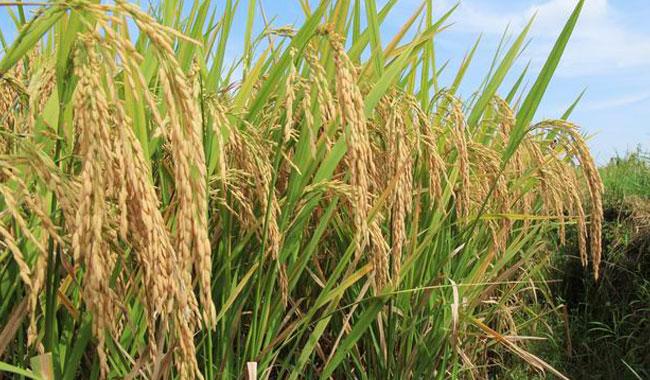The Australian government has helped launched an AUD$15
million Water Programme to help the Pakistan Government’s efforts in developing
a National Water Commission and National Water Policy.
Australian High Commissioner Margaret Adamson said that
“Australia has more than one thousand companies which can provide advice and
technologies in this critical sector.”
Three projects to improve groundwater management in
agriculture, implemented by the Australian Government’s Centre for
International Agricultural Research (ACIAR), will also be included in the
programme.
On its website, Australia’s Department of Foreign Affairs
and Trade, said: “Pakistan’s access to a strong and healthy workforce is
affected by high malnutrition rates, poor water and sanitation, and maternal
and child health issues.”
Between 2015-2016, Australia sent $55.8 million in foreign
aid to Pakistan although this decreased to $47 million between 2016-2017.
Also included in the Water Programme is the Australian
Government’s 12-year Indus Sustainable Development Investment Portfolio (SDIP),
which was mapping the Indus Basin to establish current and future needs.
Dr Muhammad Ashraf, chairman of the Pakistan Council for
Water Research in Water (PCRWR), said: “The Australian Water Program for
Pakistan is distinctive in its nature as it is covering three major aspects in
water resources management; enhance farmer’s water management skills by
developing new knowledge dissemination methods; participatory irrigation
management; and improving groundwater management through capacity building of
farmers and researchers.”
As well as PCRWR and ACIAR, organisations from both
countries will work together in the programme, including the Commonwealth
Scientific and Industrial Research Organization (CSIRO), together with the
Pakistan Agricultural Research Council (PARC).
Source: Water World


